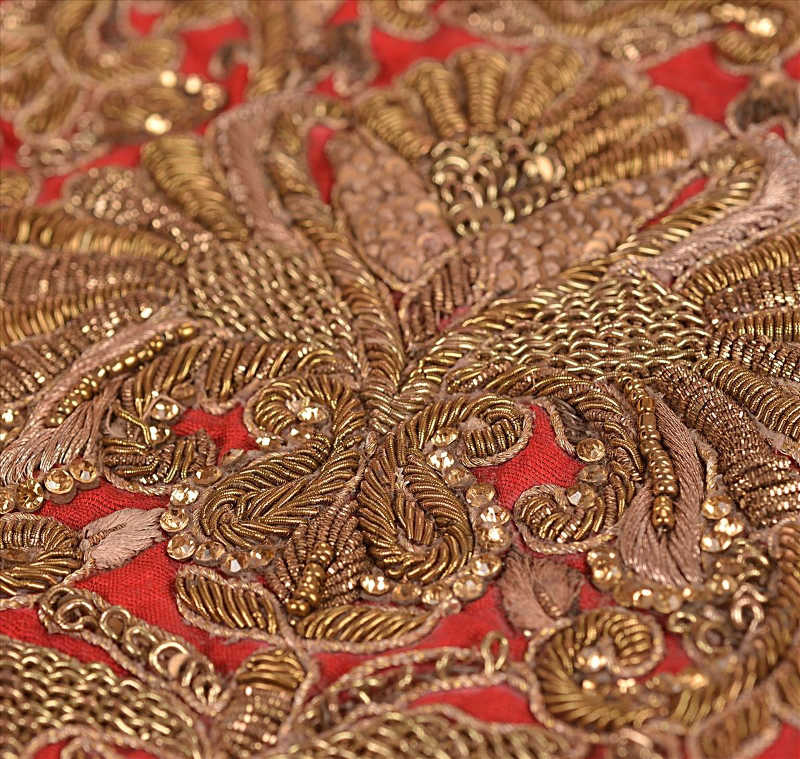===
0775,
2
===

=== |
 |
saadah : 'Plain, unadorned; white; pure, unmixed, simple; unseasoned; smooth; beardless; without writing or impression, blank (as paper, &c.); ... candid, sincere, artless, guileless, open, frank'. (Platts p.623)
;harf : 'Changing, altering; inverting, turning (as a coat); —extremity, verge, border, margin ... ; —nib (of a writing-reed) obliquely cut; a crooked pen; writing obliquely; —a letter of the alphabet ... —blame, censure, reproach, stigma, animadversion'. (Platts p.476)
;harf-aashnaa : 'Being just able to read, knowing the letters; —one who knows the letters'. (Platts p.476)